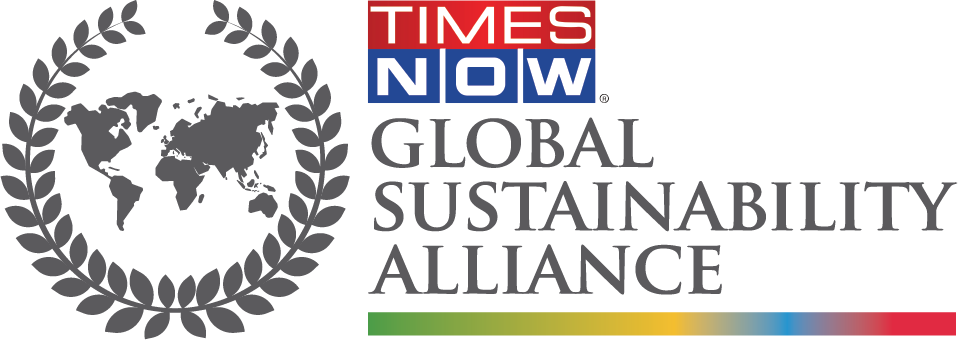The retailer has announced a strengthening in the environmental standards required by its 14,000 fresh produce growers, by implementing the LEAF Marque environmental assurance scheme across its entire global produce supply chain.
Tesco will ensure all UK growers are certified by the end of 2022 and will begin the process of certifying the rest of its global grower base from 2023, with the aim of completing the transformation by 2025. The scale of the roll-out is unprecedented among LEAF’s existing supply base.
The LEAF Marque, run by global farming organisation LEAF (Linking Environment And Farming), requires farms to take a whole business approach to delivering more sustainable, climate positive farming through:
- Resilient and diverse businesses
- Increased impleÂmenÂtaÂtion of regenÂerÂaÂtive practices
- Improved posÂiÂtive action for cliÂmate change through energy efficiency and reduced carÂbon footprints
- Improved soil manÂageÂment to enhance soil qualÂiÂty and soil health
- Improved impleÂmenÂtaÂtion of effecÂtiveIPM soluÂtions for crop health and protection
- CirÂcuÂlar approaches to resource use and waste management
- Improved manÂageÂment of water use and water quality
- Enriched diverÂsiÂty of native habiÂtats and species
Tesco has reduced the materials used each year in its packaging by more than 2000 tonnes and recently launched reusable packaging service Loop in ten stores and new soft plastic recycling facilities across all large stores. Tesco and Faerch have developed a closed loop recycling solution that ensures the secondary plastic packaging used to transport and hold products on Tesco shelves is retained by the food packaging industry and recycled back into new food contact primary packaging.
Until recently, PET shelf ready packaging – widely used by UK supermarkets to transport products – was used once and downcycled into non-food applications. Now, through a new ‘tray to tray’ initiative, Tesco’s secondary PET will be collected by Faerch and through their advanced recycling process used to make new, food contact PET pots, tubs and trays.
Packaging for Tesco’s own brand cut fruit, selected yoghurts and meat will be guaranteed to contain 30% rPET that originated in Tesco stores. To achieve this, Tesco will require all its own brand and branded suppliers to use food contact approved PET for shelf ready packaging.
